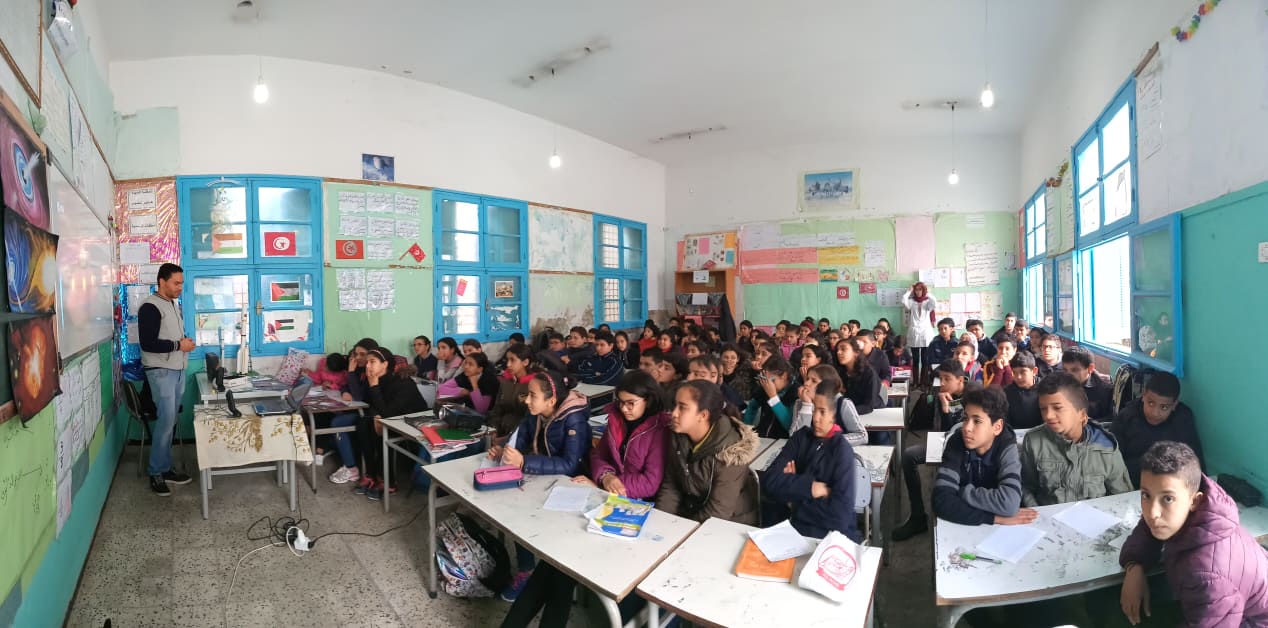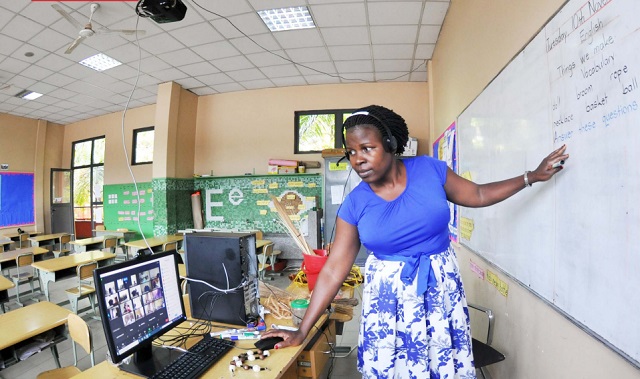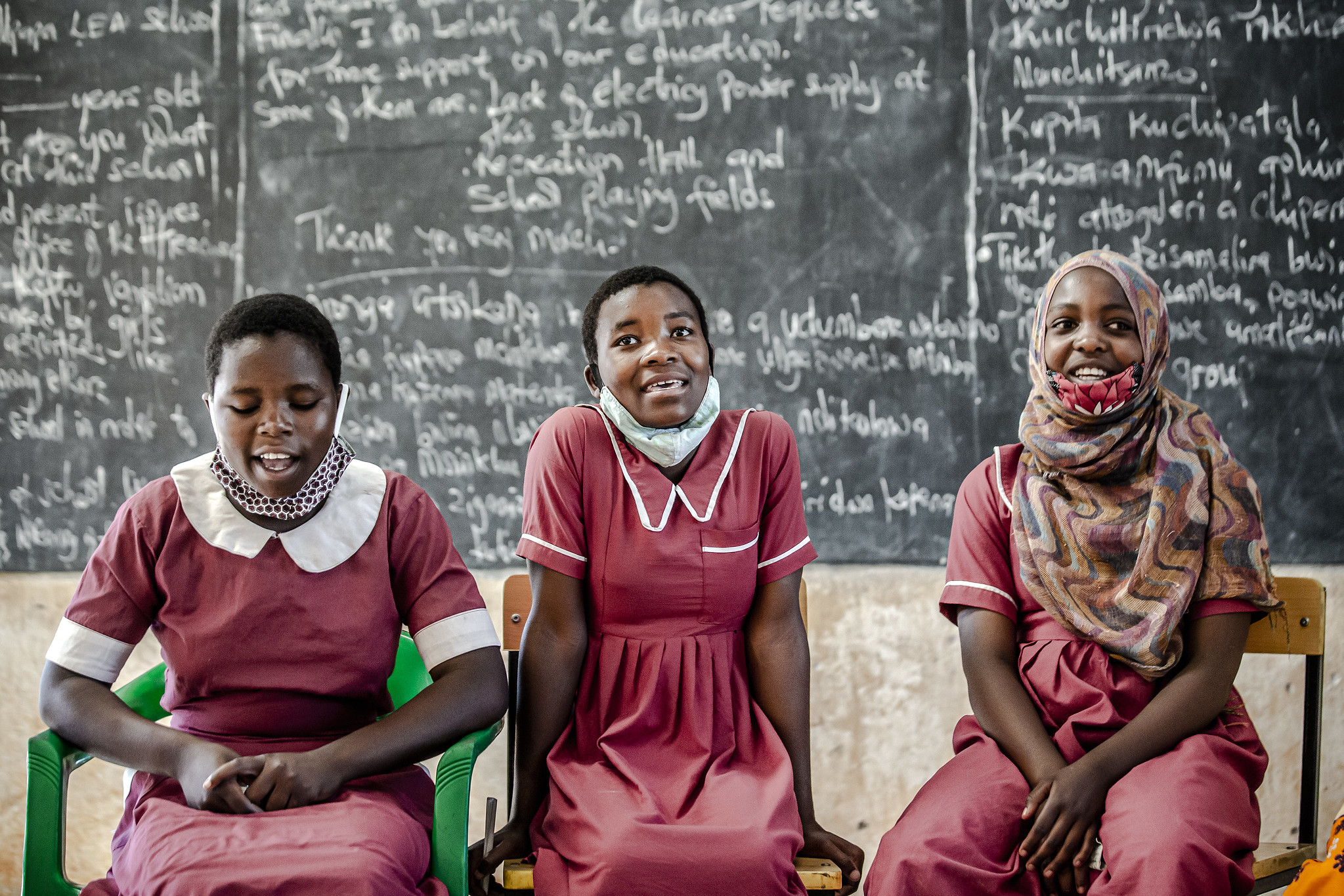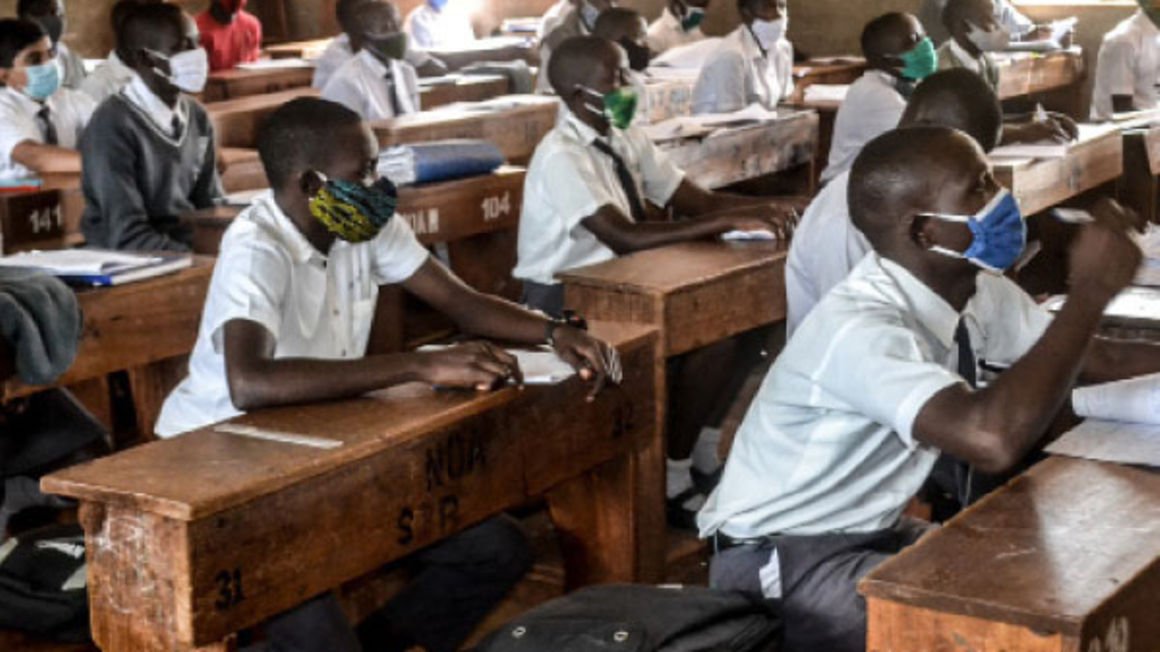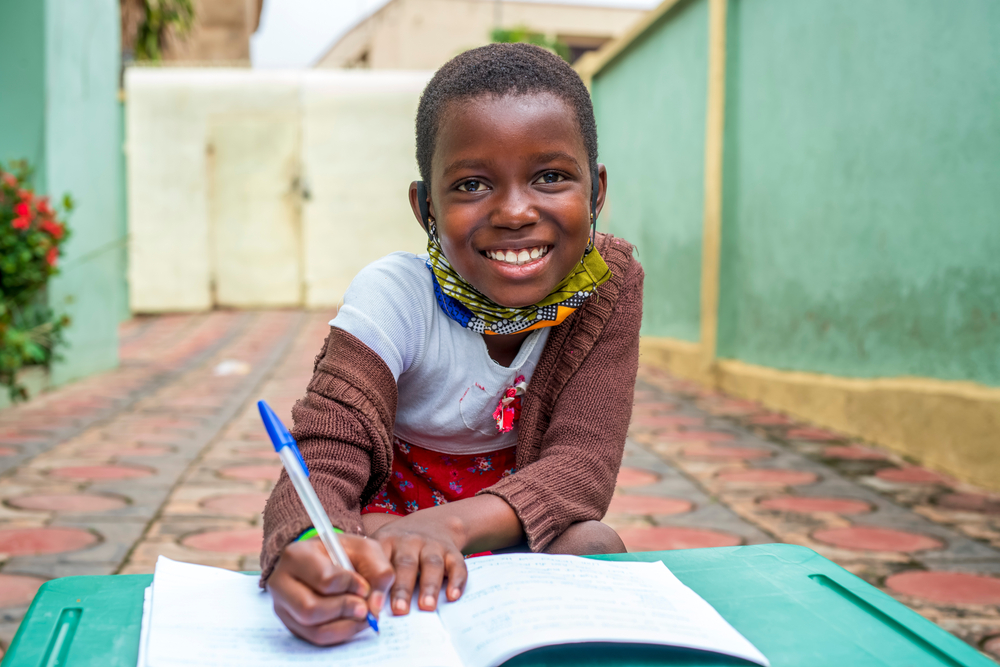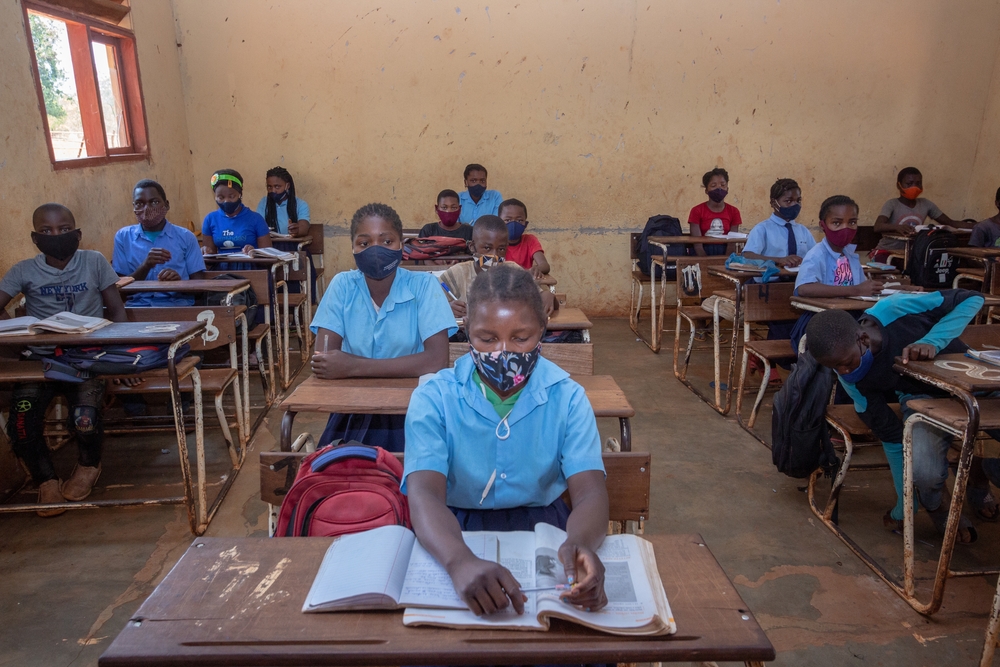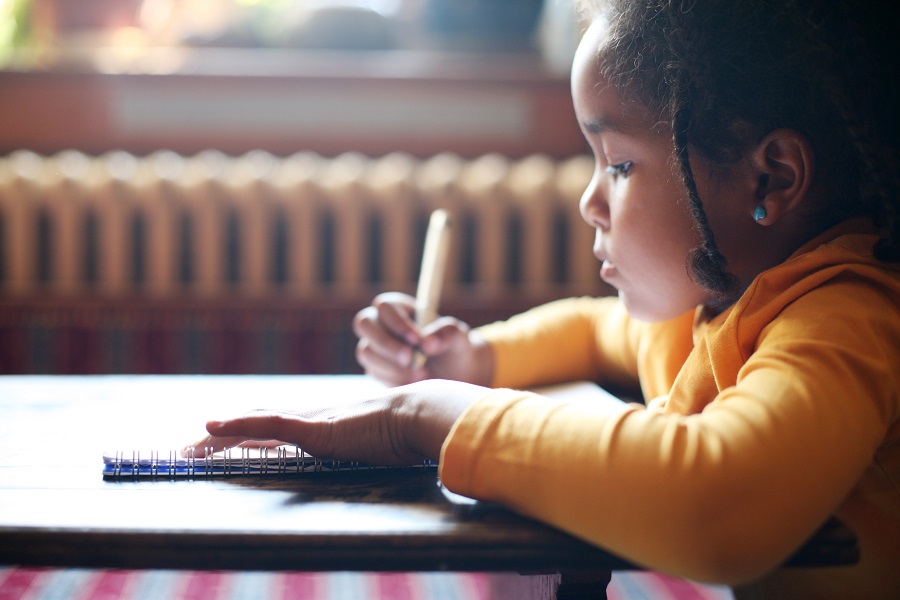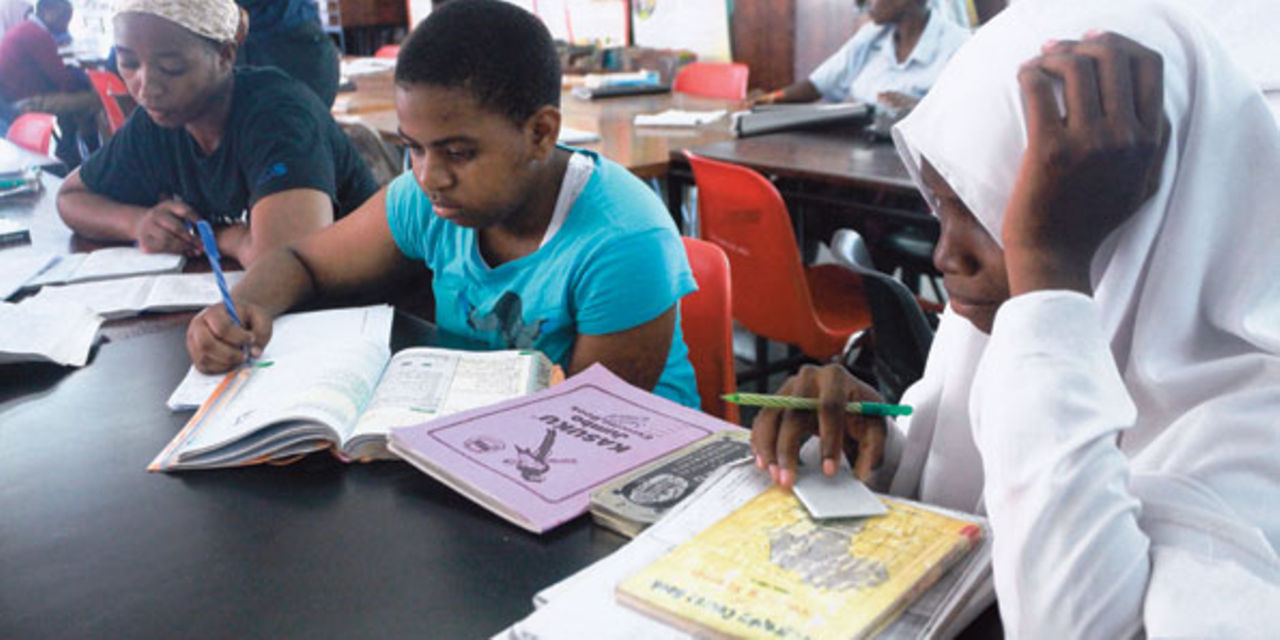MDC
In Tunisia the spread of coronavirus continues at an alarming rate, with a huge surge of infections during the last few months, growing from 20 new cases per day in July to more than 2000 cases per day in Mid-October. The Tunisian Prime Minister Hichem Mechichi has announced a series of measures aiming at limiting the infections while Minister of Education Fethi Sallout proposed moving to distance learning in the event that schools needed to be closed, which turned out to be the case at the end of October. However, limited internet access and a shortage of digital devices in rural and peripheral regions in contrast to urban ones have raised questions about whether Sallout’s proposal is a realistic solution for Tunisia.
Independent
Pandemic widens education gap as it impacts rural and disadvantaged children further. The scene looks like a typical telephone call centre. Women and men sit before computers, headsets pinned to their ears, mouth-pieces ready and light projectors dangling from the ceiling.
Global Ctzn
UNFPA trained the Mpapa mothers’ group to mentor girls on reproductive health.
In a year of little good news, pockets of Malawi are bucking an uncomfortable trend.
A significant number of girls were dropping out of school each year to marry early or give birth, losing the best opportunity they had to carve a better future for themselves. Then came school closures brought about by a national lockdown to stop the spread of COVID-19. For many, the situation worsened.
Daily Monitor
A number of schools are struggling to maintain candidate classes after parents failed to pay tuition.
Mr Martine Okia Obore, the Association of Secondary School Headteachers of Uganda (ASSHU) chairperson, told Daily Monitor that the problem is widespread in both government-aided and private institutions.
Global Partnership for Education
A new report by the GPE-funded KIX Observatory on COVID-19 analyzes policies and practices in the education sector in 40 African countries to draw emerging evidence in the pandemic response.A new report by the GPE-funded KIX Observatory on COVID-19 analyzes policies and practices in the education sector in 40 African countries to draw emerging evidence in the pandemic response.
World Bank
The World Bank Group is taking broad, fast action to help developing countries strengthen their pandemic response, increase disease surveillance, improve public health interventions, and help the private sector continue to operate and sustain jobs.
UN
At least 200 million boys and girls, live in 31 countries which do not have the resources to deal with remote learning during any future emergency school closures, the UN Children’s Fund, UNICEF, said in a study released on Thursday.
UNICEF
At least 200 million school children live in 31 low- and middle-income countries that remain unprepared to deploy remote learning in future emergency school closures, according to a new UNICEF report
This Day
A telecommunication and mobile money services company, Airtel Africa, and the United Nations Children Fund (UNICEF) have announced a five-year pan-African partnership to help accelerate the roll-out of digital learning in schools through internet connection, as well as ensuring free access to learning platforms across 13 countries.
The Citizen
Eastern African region suffered during the Covid-19 pandemic, with education and social sector services interrupted and learning stopped for a duration of time.


